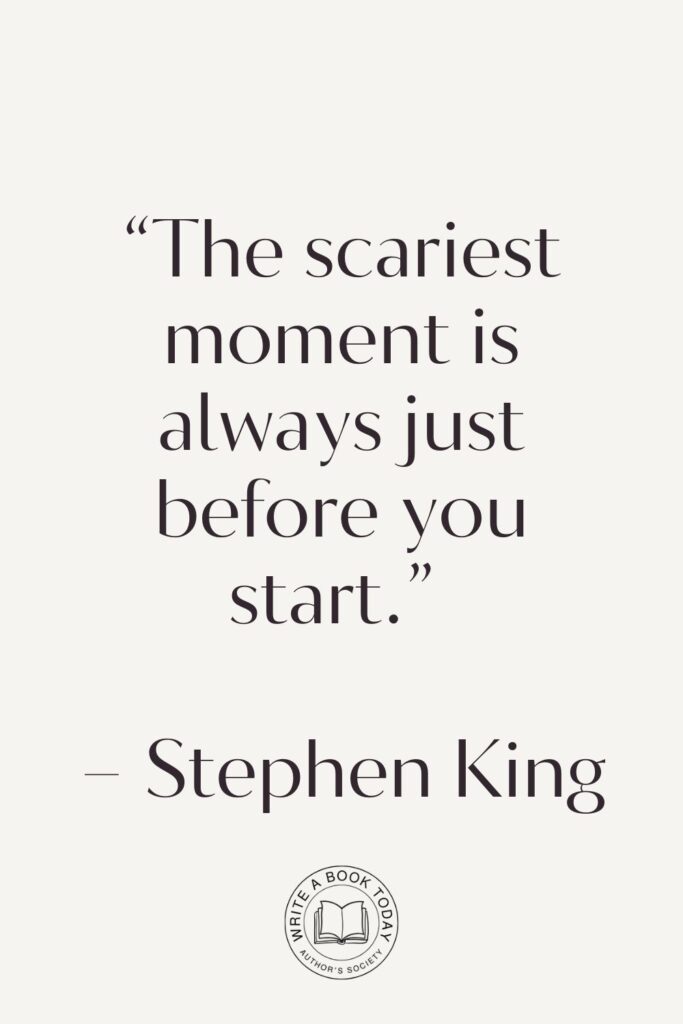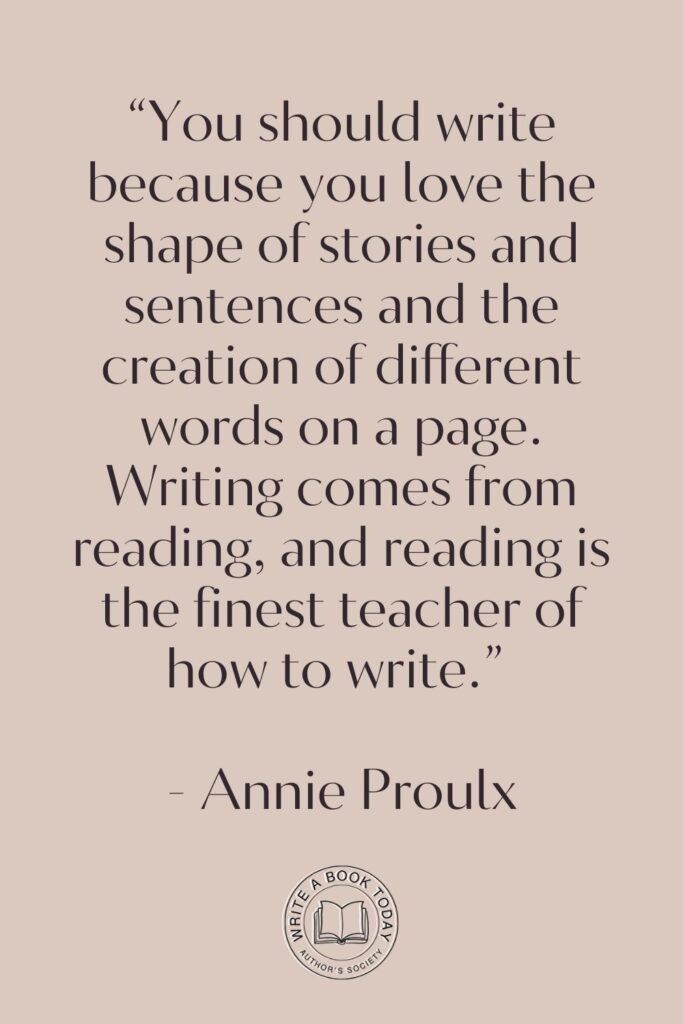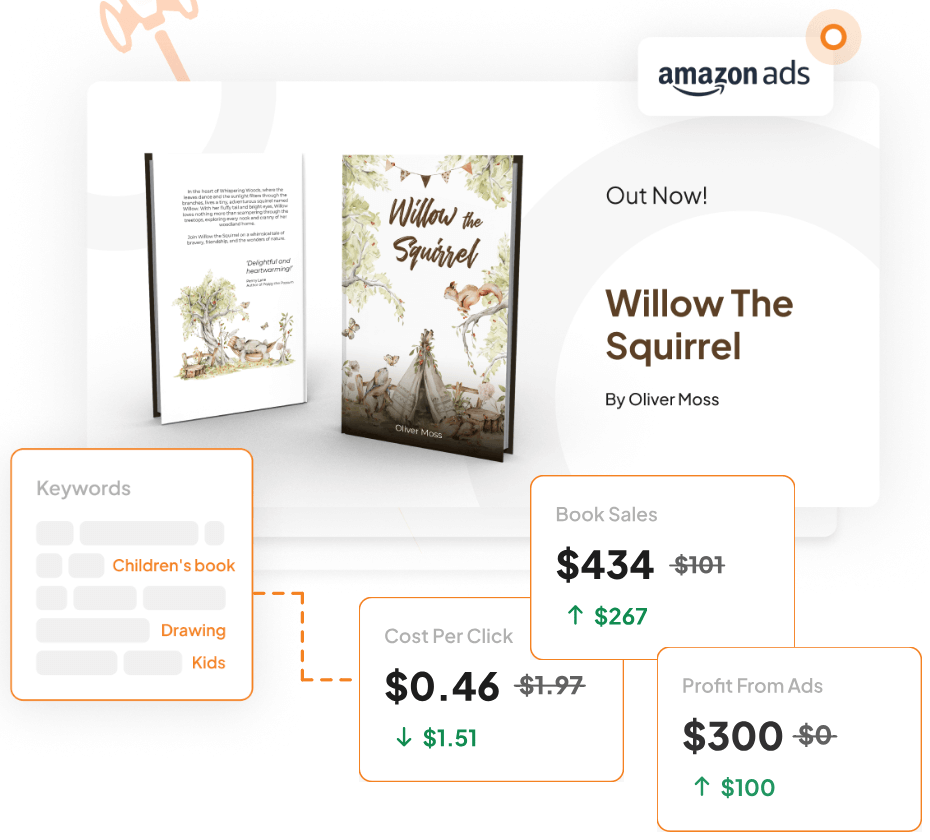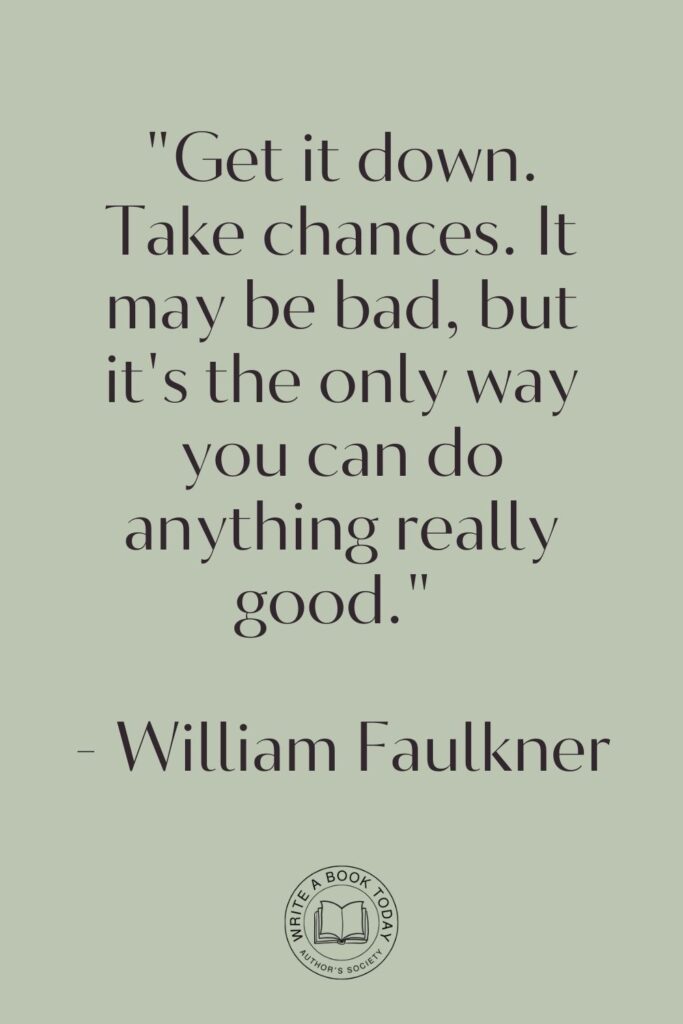Imagine you’ve just completed the final chapter of your novel, the culmination of months or even years of hard work. Yet, before you send your literary creation out into the world, there’s a crucial step that can transform your manuscript from good to great: enlisting the help of beta readers.
These unsung heroes of the writing world offer fresh perspectives and invaluable feedback, acting as the bridge between your solitary writing process and the expectations of your future readers. In this post, we’ll delve into the importance of beta readers, explore how to find the right ones, and uncover the art of interpreting their feedback.
Feeling lost with your debut novel?
Fiverr Pro connects you with expert editors, designers, and marketers – everything you need to get your book ready for success!

Understanding Beta Readers
To fully appreciate the role of beta readers, it’s essential to understand who they are and why they matter so much in the writing journey. Let’s explore these concepts further.
What Are Beta Readers?
Beta readers are individuals who read a writer’s manuscript before it is published, offering insights and feedback from a reader’s perspective. Unlike editors, beta readers aren’t necessarily professionals; they are often avid readers who share a passion for storytelling.
They serve as a test audience, providing a sense of how the general public might receive your work. Their feedback can range from pointing out plot inconsistencies to highlighting character development issues.
Essentially, beta readers act as a mirror, reflecting back the strengths and weaknesses of your story. This external viewpoint is crucial, as writers often become too close to their work, making it difficult to spot areas that need improvement.
The Importance of Beta Readers in Your Writing Journey
The importance of beta readers cannot be overstated. They are your first line of defense against potential pitfalls that could alienate future readers.
By identifying confusing plot points or unrealistic dialogue, beta readers help ensure your narrative flows seamlessly. Their insights can be the difference between a book that resonates with readers and one that falls flat.
Moreover, beta readers provide emotional support. Knowing that someone is invested in your story can be a tremendous confidence booster. They remind you that your words have the power to engage and move others, reinforcing your commitment to the writing process.
Choose beta readers who represent your target audience. This alignment ensures that their feedback is relevant and reflects the preferences of the readers you’re aiming to reach.
Avoid selecting only friends and family, as their bias might cloud their judgment. Instead, seek out individuals who are familiar with your genre and can offer constructive criticism.

The Benefits of Engaging Beta Readers
Engaging with beta readers is like having a secret weapon in your writing arsenal. Their feedback not only enhances your manuscript but also builds your confidence as a writer.
How Beta Reader Feedback Enhances Your Manuscript
Beta reader feedback is a treasure trove of information that can elevate your manuscript to new heights. Through their comments, you’ll gain insights into how your characters resonate, whether your plot twists are effective, and if your pacing keeps readers hooked.
This feedback allows you to fine-tune your narrative, ensuring it aligns with your vision while appealing to your audience.
Consider creating a feedback matrix to categorize and prioritize the input you receive. This method helps you identify common themes in the feedback, allowing you to address the most critical issues first. A table can be a useful tool for organizing this information:
| Feedback Category | Comments | Action |
|---|---|---|
| Character Development | Character A lacks depth | Add backstory |
| Plot Consistency | Plot twist in Chapter 5 is confusing | Clarify motivations |
Building Confidence Through Constructive Criticism
Constructive criticism is a gift, albeit one that’s sometimes hard to unwrap. It’s easy to feel defensive when faced with critiques, but embracing this feedback is crucial for growth. Beta readers offer a unique opportunity to learn and improve before your book reaches the masses.
Receiving feedback from beta readers can build your confidence by affirming what works well in your manuscript. When multiple readers highlight the same strengths, it reinforces your instincts and validates your creative choices. Constructive criticism is not a reflection of failure; rather, it’s a stepping stone towards refining your craft.
Stay open-minded when receiving feedback. Understand that criticism is not personal but aimed at improving your manuscript.
Take time to process the comments, and resist the urge to make immediate changes. Reflect on how the feedback aligns with your vision, and make revisions that enhance your story while staying true to your original intent.
Finding Your Ideal Beta Readers
Finding the right beta readers is akin to finding the perfect companions for a journey. Their input can shape the course of your manuscript, so it’s crucial to choose wisely.

Where to Look for Beta Readers
Finding beta readers can seem daunting, but numerous avenues exist to connect with these valuable individuals.
Online writing communities, social media groups, and local writing workshops are excellent starting points. Platforms like Goodreads and Reddit have dedicated forums where writers can request beta readers.
Additionally, consider reaching out to fellow writers or book clubs who might be interested in exchanging manuscripts. Building a network of beta readers can be mutually beneficial, providing opportunities for reciprocal feedback and support.
Qualities to Seek in Beta Readers
Not all beta readers are created equal, and selecting the right ones is essential for obtaining useful feedback.
Look for individuals who are avid readers of your genre, as they will have a keen understanding of the conventions and expectations within that space. Ensure they can provide honest, constructive criticism without sugar-coating their feedback.
Effective beta readers should also possess good communication skills, allowing them to articulate their thoughts clearly. Their ability to express what works and what doesn’t in your manuscript is invaluable. Lastly, seek readers who are reliable and can commit to your timeline, ensuring you receive feedback promptly.
No marketing platform? No social following? No problem!
Publisher Rocket helps you market your debut novel like a pro.
It’s a gamechanger for debut authors – try it today!


Crafting Effective Feedback Requests
Asking for feedback is an art form. Crafting requests that elicit meaningful responses is crucial to making the most of your beta readers’ insights.

How to Ask for Feedback from Beta Readers
When requesting feedback from beta readers, clarity is key. Be specific about the aspects of your manuscript you’d like them to focus on, whether it’s character development, pacing, or dialogue. Providing a list of questions or prompts can guide their reading and ensure you receive targeted feedback.
- Are the characters relatable and well-developed?
- Does the plot keep you engaged throughout?
- Are there any sections that feel slow or confusing?
Remember to express gratitude for their time and effort. Acknowledge the value of their insights and emphasize that their feedback is crucial to the refinement of your work.
Setting Expectations and Guidelines
Setting clear expectations with your beta readers ensures a smooth feedback process. Outline the timeline for their review, specifying when you’d like to receive their comments. Provide guidance on the type of feedback you’re seeking, whether it’s detailed notes or general impressions.
Be open to suggestions but also communicate any aspects of your manuscript that are non-negotiable. Establishing these boundaries upfront prevents misunderstandings and ensures a productive collaboration.
Google Docs is for notes. Scrivener is for novels. Upgrade your writing game and try it for free today!

Navigating Feedback Like a Pro
Once you’ve gathered feedback, the next step is to navigate it like a seasoned pro. This involves interpreting the input and making thoughtful revisions.
Interpreting Beta Reader Feedback
Interpreting feedback requires discernment. Not every comment will align with your vision, and that’s okay. Look for patterns in the feedback—if multiple readers point out the same issue, it’s worth considering a change. Trust your instincts, but remain open to ideas that challenge your perspective.
Consider categorizing feedback into actionable items and reflections. This approach helps prioritize revisions and ensures you address the most pressing concerns first.
Making Revisions Based on Feedback
With feedback in hand, it’s time to make revisions that strengthen your manuscript. Approach this phase with an open mind and a willingness to experiment. Sometimes, small changes can have a significant impact on the overall narrative.
Balance is key. While it’s important to consider your beta readers’ suggestions, remember that you are the ultimate authority on your story. Ensure that revisions align with your vision and maintain the essence of your work.
Embrace the revision process as an opportunity for growth. View feedback as a tool to refine your writing skills and enhance your storytelling abilities. Keep track of changes in a separate document, allowing you to compare versions and evaluate the impact of revisions. Celebrate each improvement as a step closer to achieving your creative goals.

Building a Community of Beta Readers
Creating a supportive network of beta readers fosters ongoing dialogue and provides a reliable source of feedback for future projects.
Fostering Relationships with Beta Readers
Building relationships with beta readers is a mutually beneficial endeavor. Express appreciation for their contributions and keep them updated on your progress. Share how their feedback has influenced your revisions, and offer to reciprocate by reading their work.
Maintaining open communication fosters trust and encourages a collaborative spirit. By nurturing these connections, you create a community of readers who are invested in your success.
Encouraging Ongoing Dialogue and Support
Encouraging ongoing dialogue with beta readers enriches the feedback process. Invite them to ask questions and share additional thoughts after their initial review. This continued engagement provides deeper insights and strengthens the relationship between writer and reader.
Consider hosting virtual meet-ups or discussion groups to facilitate conversations about your manuscript. These interactions can spark new ideas and inspire creative solutions to any challenges you face.
Cultivate a community of beta readers by creating a dedicated online group. Use platforms like Facebook or Discord to facilitate discussions and share updates.
Encourage members to support each other’s writing endeavors and exchange feedback regularly. This sense of community can be a powerful motivator and a source of inspiration for all involved.
In conclusion, beta readers are more than just early critics—they are partners in your writing journey. By embracing their feedback, you can refine your manuscript and gain the confidence needed to share your story with the world.
Remember, every great author started somewhere, and with the right support, your writing can reach its full potential.








